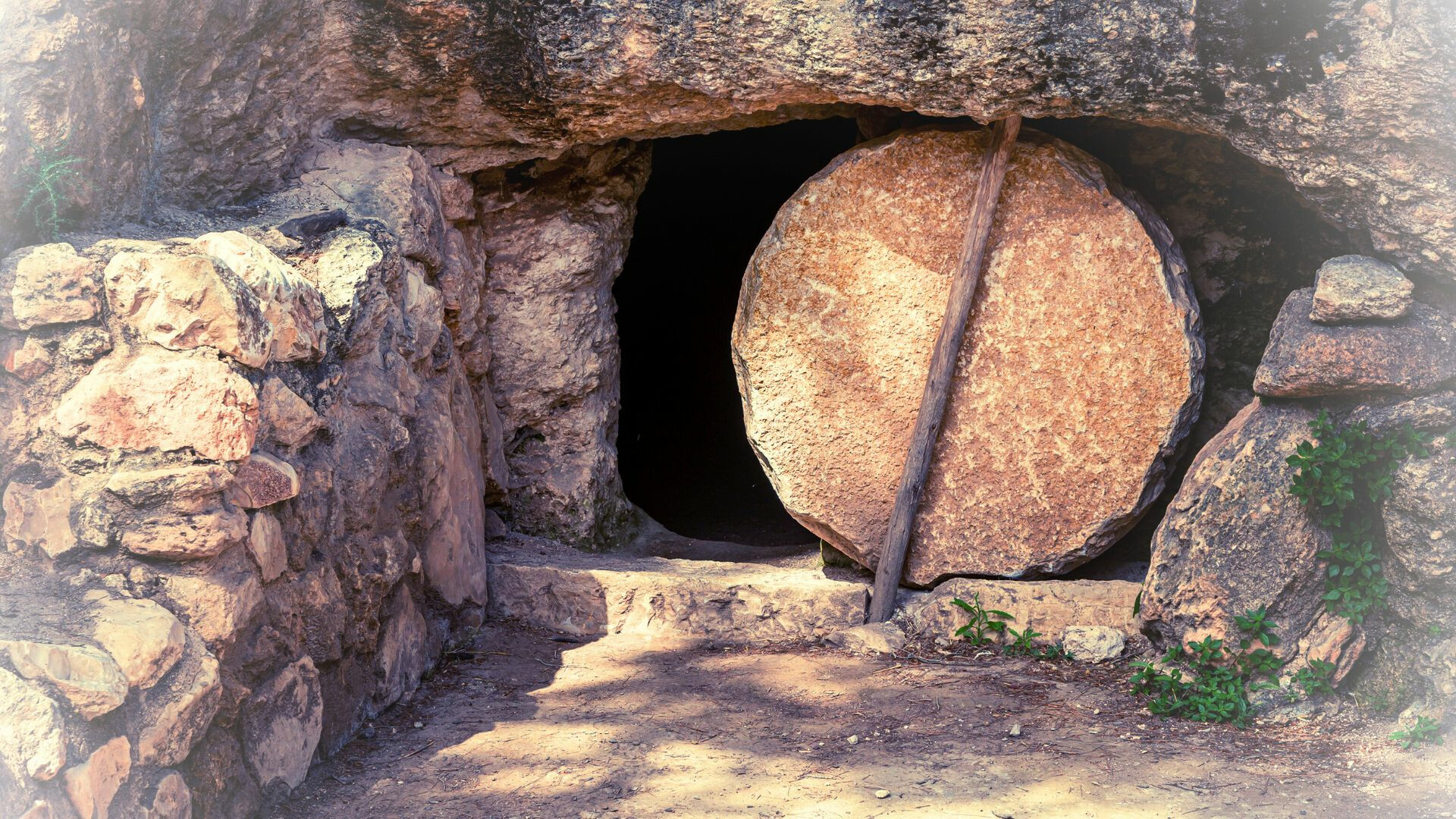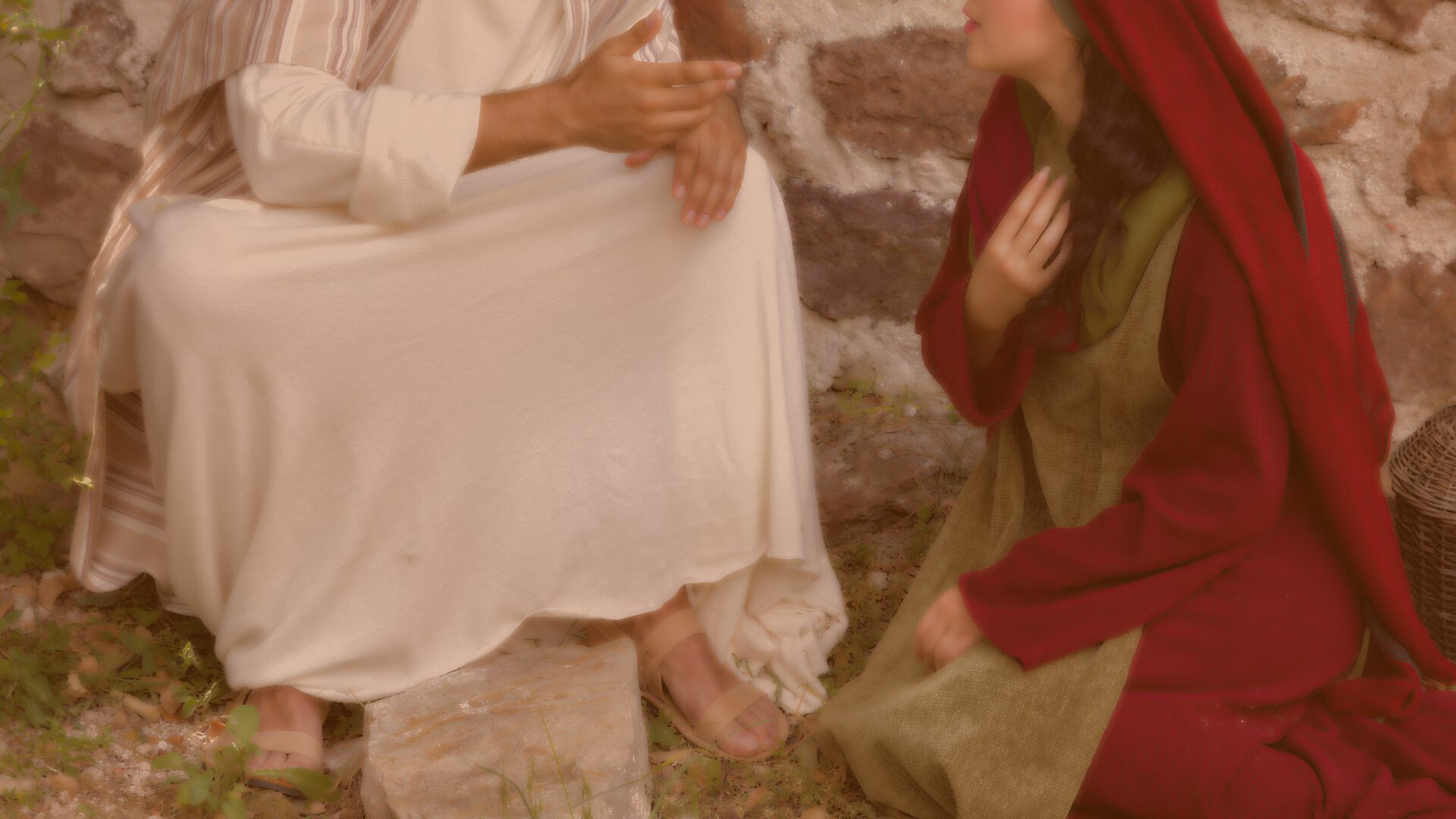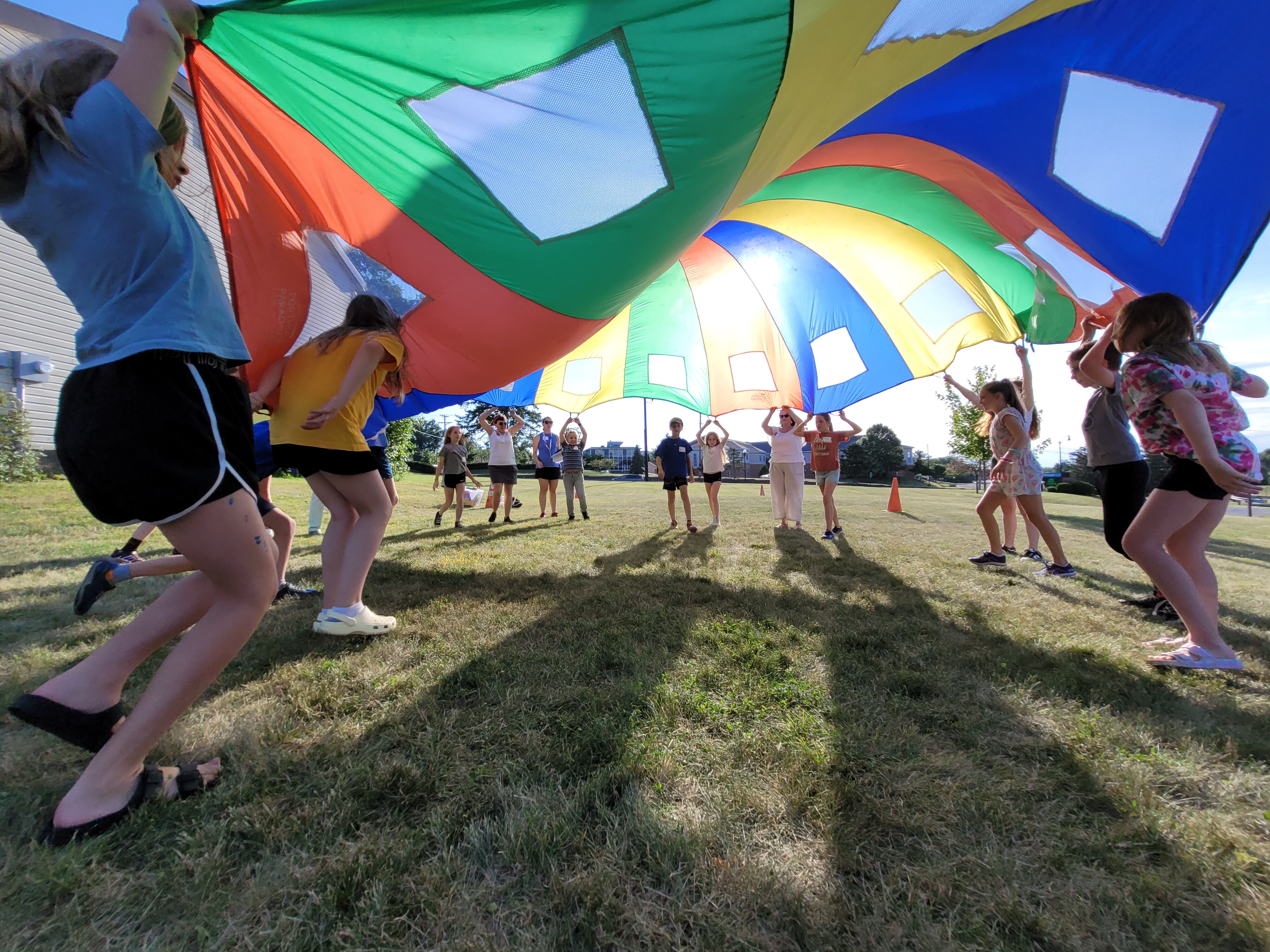But God

Luke 24:1-12
"Conjunction junction, what’s your function?” Those of us who grew up in the 70’s might remember this song. It was from an educational cartoon series called School House Rock. I have had the song stuck in my head this week because of the way our gospel lesson begins: But on the first day of the week, at early dawn, the women came to the tomb...
The story begins with the conjunction but, and not only that, the word but appears six times in this short passage. It made me curious about what these buts might signify.
According to the website Grammerly, “conjunctions are words that join phrases, clauses, or words within a sentence, helping to communicate interconnected and complex things coherently.” In other words, conjunctions link ideas together, to better describe a complicated reality. The word but links together two contrasting ideas, creating an element of opposition or surprise.
That seems to be what our Gospel story is about today – contrasting ideas, held together into one reality.
Think about it. The previous chapter of the Gospel of Luke ends as the women watch as Jesus’ lifeless body is laid into the tomb and return home. Then our passage in the next chapter says, “But on the first day of the week, at early dawn, the women came to the tomb, taking the spices that they had prepared.”
The but holds together the two chapters and women’s actions over the three days: the watching on Friday as Jesus was removed from the cross and entombed; observing the sabbath on Saturday according to Jewish law; and getting up at first light on Sunday to anoint Jesus’ body. These were faithful women, even in the face of Jesus’ horrific death and the unanswerable questions: “How could God let this happen? Where is God?"
A second but closely follows in the very next sentence: “They found the stone rolled away from the tomb, but when they went in, they did not find the body.” Here the but contrasts that the fact that the women came to anoint a body that turned out not to be there.
Now, people who teach writing will often coach not to overuse the word but. In this case, however, it seems to me that the buts are on purpose. The buts connect opposing ideas:
These unexpected, contrasting events, held together by the little conjunction but create surprise, wonder, and awe. It seems that the word but sums up the resurrection itself: the powers of evil did their worst, but God intervened and raised Jesus from the dead.
That’s what we are all looking for, isn’t it? We came today, not just to hear awesome music and alleluias, not just to be with family or friends, or to wear our Easter best. We came to hear a word of hope for our troubled lives and conflicted world; to believe again that light conquers darkness, that new life can emerge from the scorched earth of our lives, that God is still acting in the world, and in the end, love wins. We came for a but God.
Yes, we fail and endure pain, but God lifts us up and gives us a new beginning. Yes, we live in a world where might makes right. But God is on the side of the little guy, and God’s justice will prevail. Yes, we get overwhelmed by challenges of life and distracted busyness. But God gives us opportunities to grow and serve and we are blessed by doing it.
We celebrate today because no matter what illness or evil, suffering or shame, trauma or terror you put in the first part of the sentence, the predicate is always But God. God has the last word. God’s healing justice comes because God has intervened: God raised Jesus from the dead once for all. God raises us to new life, hope and purpose; and not just us, but God continues to restore the whole world God loves. So today we can proclaim with joy, Christ is risen, he is risen indeed! Alleluia!




Login To Leave Comment